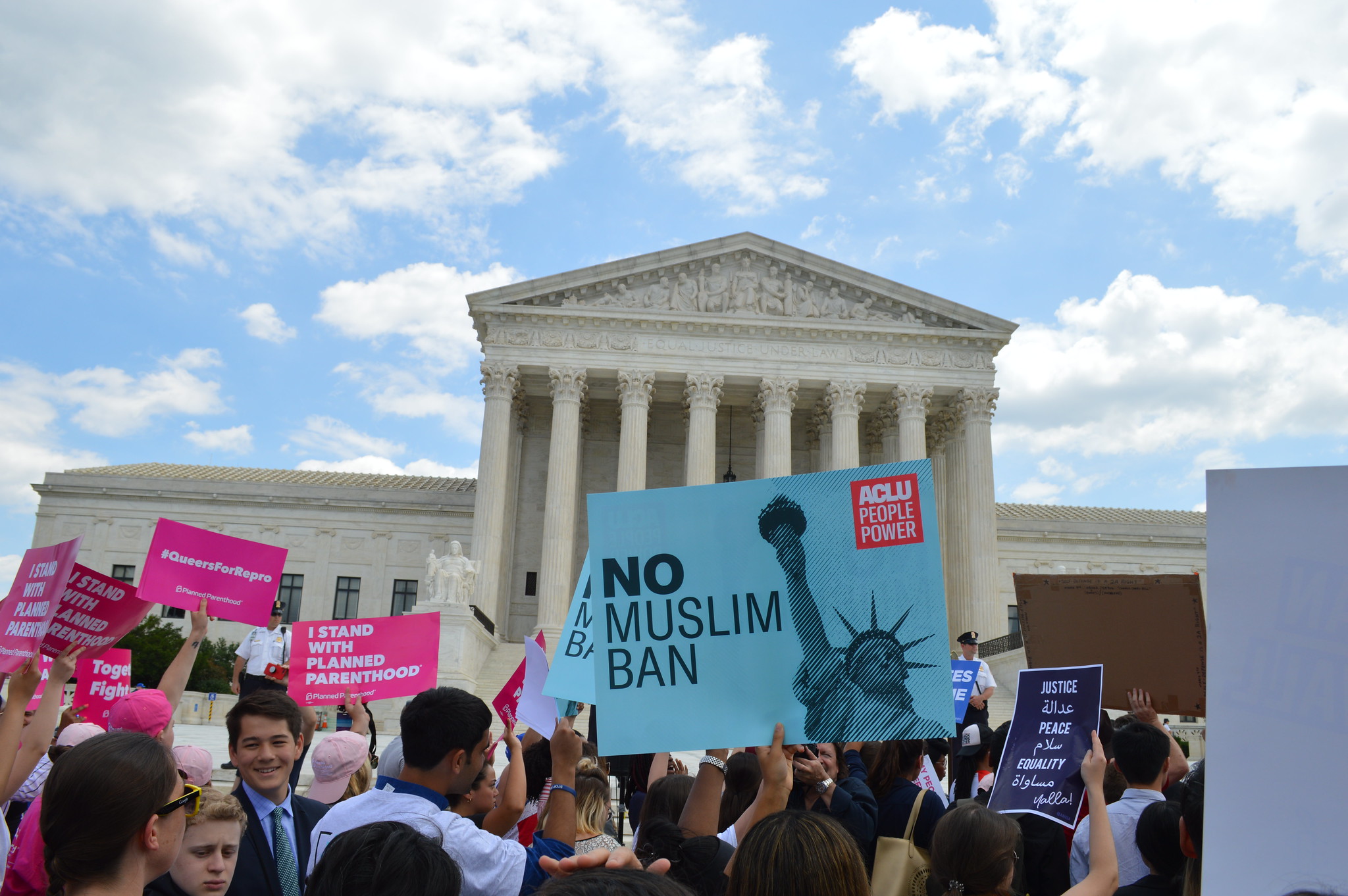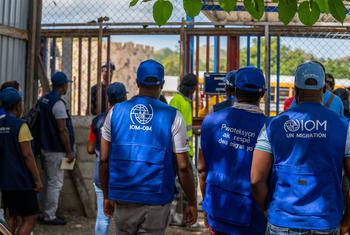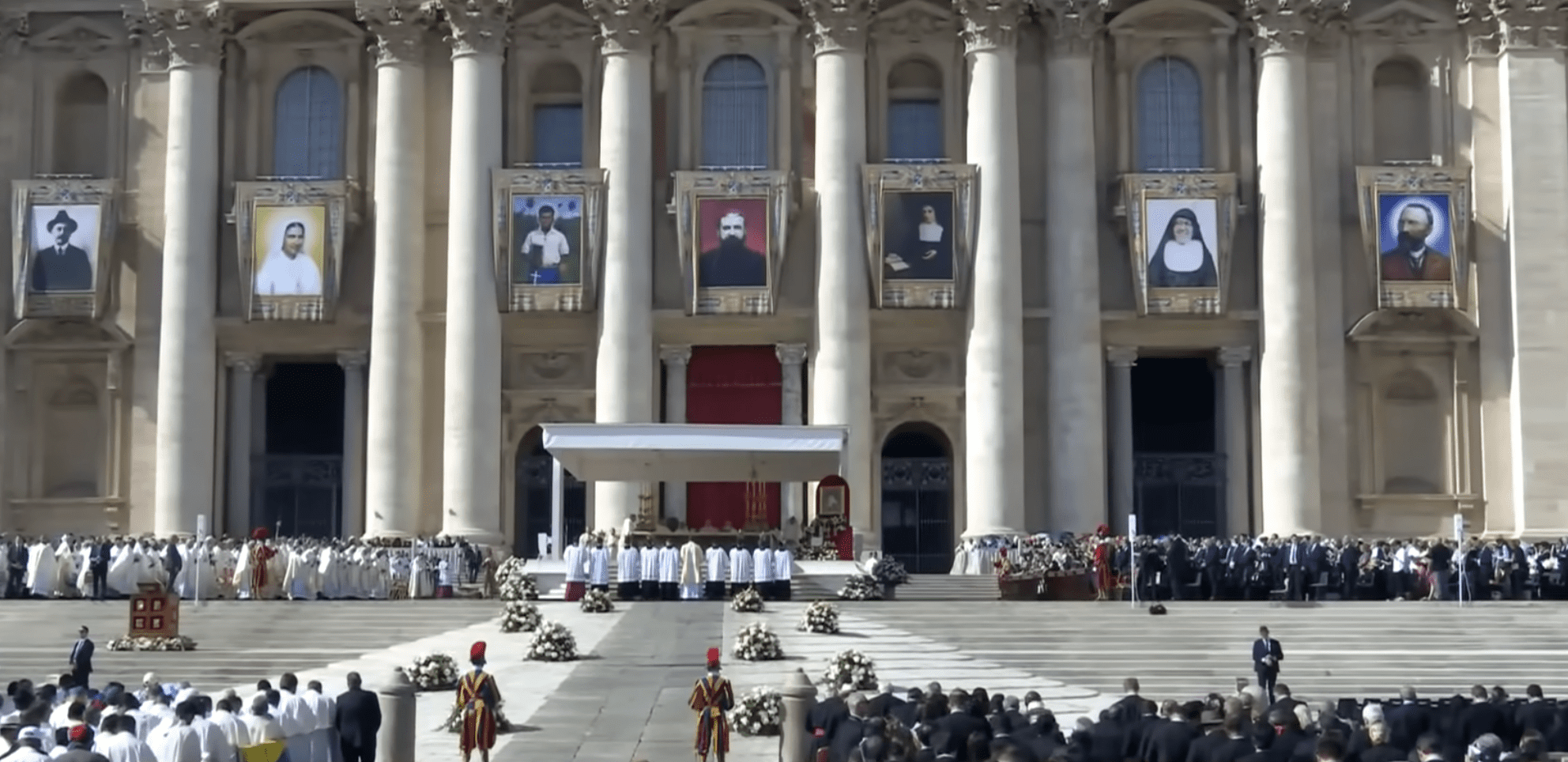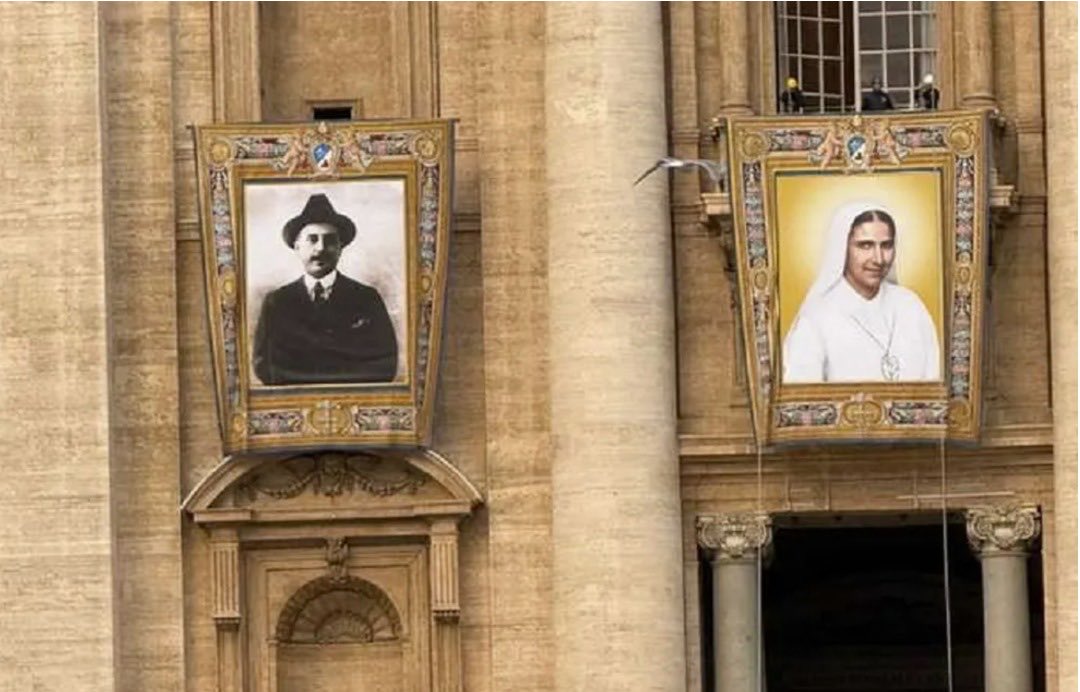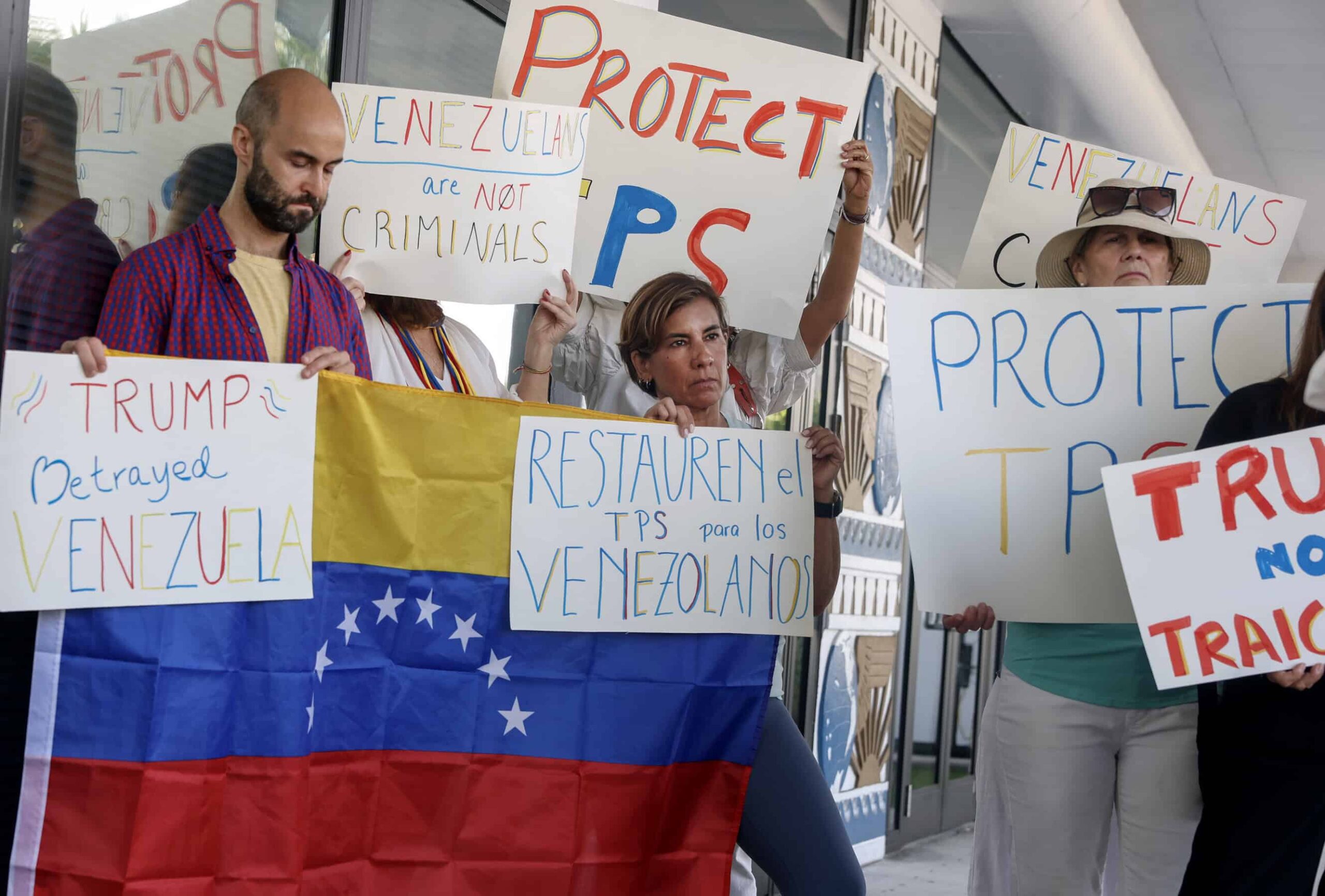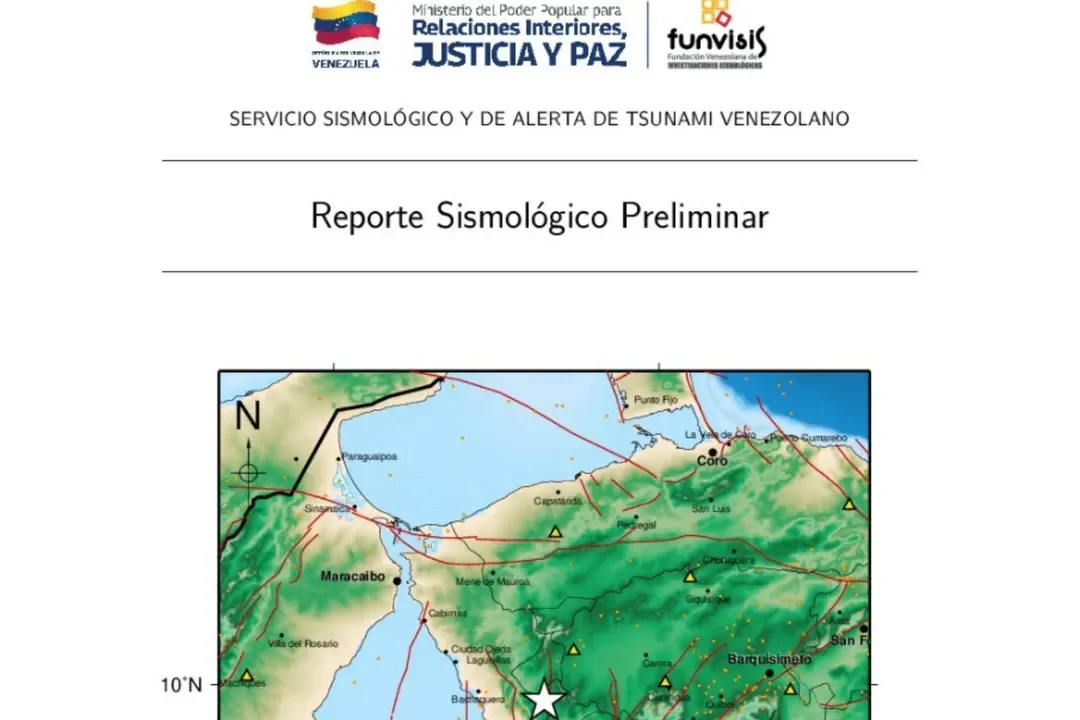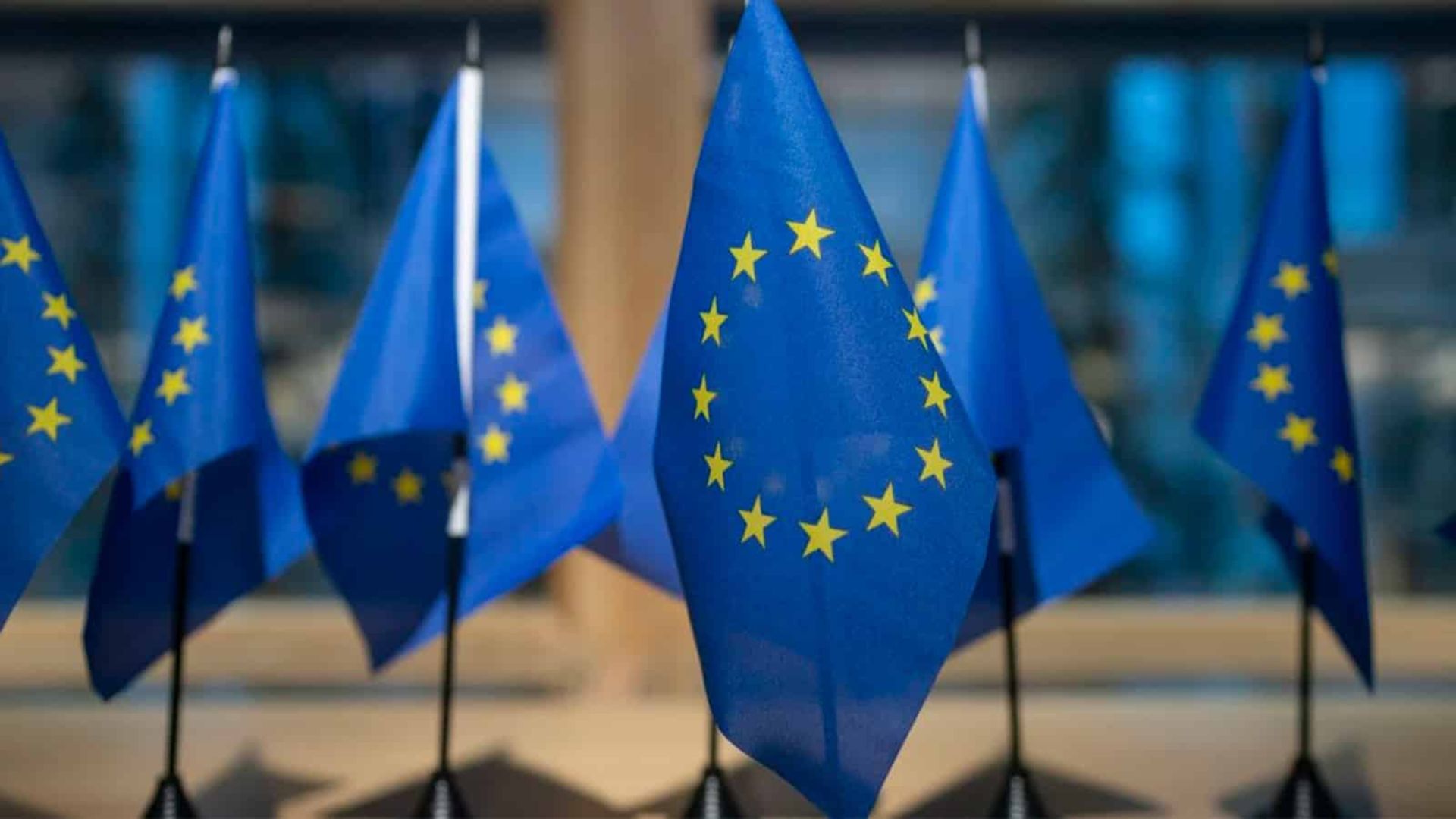During his first term, Trump faced protests after introducing a travel ban targeting certain majority-Muslim countries, known as the “Muslim Ban.” Photo: jstreetdotorg.
Guacamaya, June 4, 2025. President Donald Trump signed an executive order on Monday drastically restricting entry into the United States for nationals from 19 countries, including full bans for 12 nations and partial restrictions for seven others, among them Venezuela and Cuba. According to CBS News and CNN, the measure was expedited following an antisemitic attack on Sunday in Boulder, Colorado, as confirmed by official White House sources.
The new executive order, described as an update to previous “Muslim bans,” imposes complete restrictions on citizens from Afghanistan, Myanmar, Chad, the Republic of the Congo, Equatorial Guinea, Eritrea, Haiti, Iran, Libya, Somalia, Sudan, and Yemen.
Meanwhile, seven countries will face partial limitations: Burundi, Cuba, Laos, Sierra Leone, Togo, Turkmenistan, and Venezuela. The specific restrictions will vary by country, primarily affecting immigrant and non-immigrant visas.
A senior White House official told CNN that the antisemitic attack in Colorado accelerated the president’s decision, though the measure had already been under consideration for weeks. The administration justifies the move as a mechanism to “protect national security” by requiring affected countries to meet higher standards in verifying travelers’ identities.
This marks the third version of Trump’s controversial travel ban, following legal challenges to previous decrees.
Critics argue that the measure perpetuates discriminatory policies, while the government insists it is based solely on technical security assessments. The inclusion of Venezuela and Cuba under partial restrictions represents a tightening of the current administration’s border policies.
New U.S. Immigration Restrictions Target Venezuela
The U.S. government has announced a new set of immigration restrictions targeting Venezuela as part of a presidential proclamation affecting several countries deemed high-risk or lacking adequate institutional cooperation on migration.
The measure suspends the entry of Venezuelan citizens as both immigrants and non-immigrants on tourist and student visas due to insufficient institutional cooperation and high rates of visa overstays. It will only apply to those outside the U.S. when the proclamation takes effect.
According to the official document, the decision responds to several critical factors. First, Venezuela currently lacks a competent central authority willing to cooperate effectively with U.S. officials on passport issuance or other civil documents, nor does it have adequate identity verification mechanisms. Additionally, the Venezuelan state has a historical pattern of refusing to accept the repatriation of its deported nationals, as noted by the U.S.
Another factor behind the measure is the high overstay rate among Venezuelans with tourist visas. According to the U.S. Overstay Report, 9.83% of Venezuelan citizens who entered with B-1/B-2 visas remained in the country after their legal stay expired.
Consequently, the proclamation suspends entry for Venezuelan nationals seeking to enter as immigrants, as well as those holding non-immigrant visas such as B-1 (business), B-2 (tourism), F (academic studies), M (vocational training), and J (cultural exchange).
Consular officials have also been instructed to reduce the validity of any other non-immigrant visas issued to Venezuelan citizens to the extent permitted by law.
The proclamation clarifies that these entry suspensions do not apply uniformly to all individuals. It specifies that only Venezuelan citizens outside U.S. territory when the measure takes effect will be affected.
Authorities noted that the measure includes some exceptions, such as legal permanent residents, valid visa holders, and individuals qualifying under specific pre-authorized categories. These exceptions will allow certain individuals to continue traveling to the U.S. despite the new restrictions imposed by the presidential proclamation.

